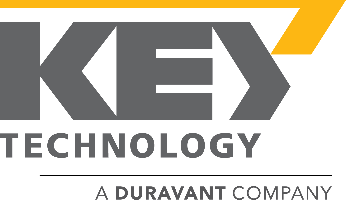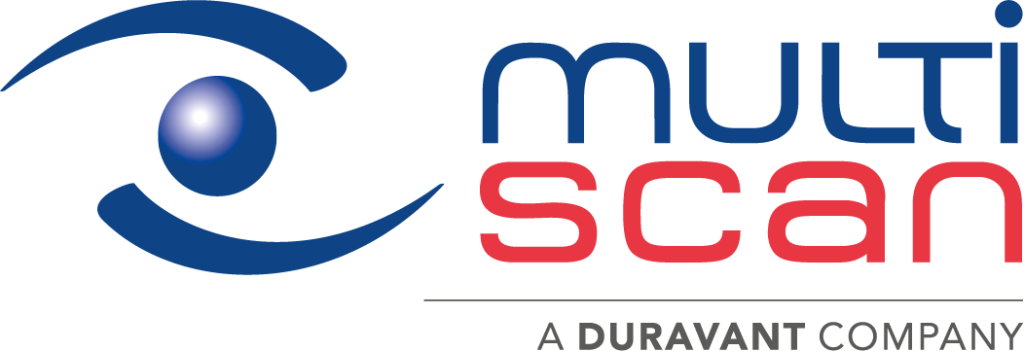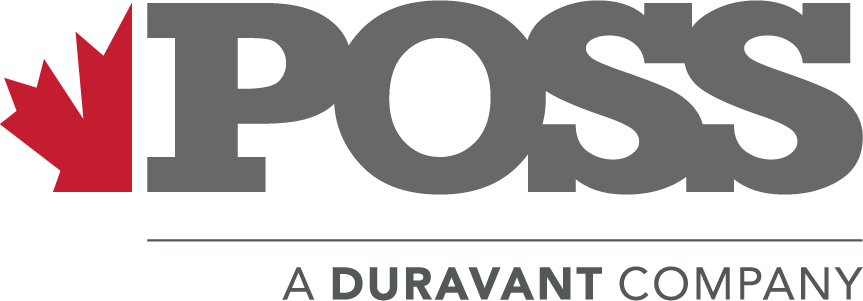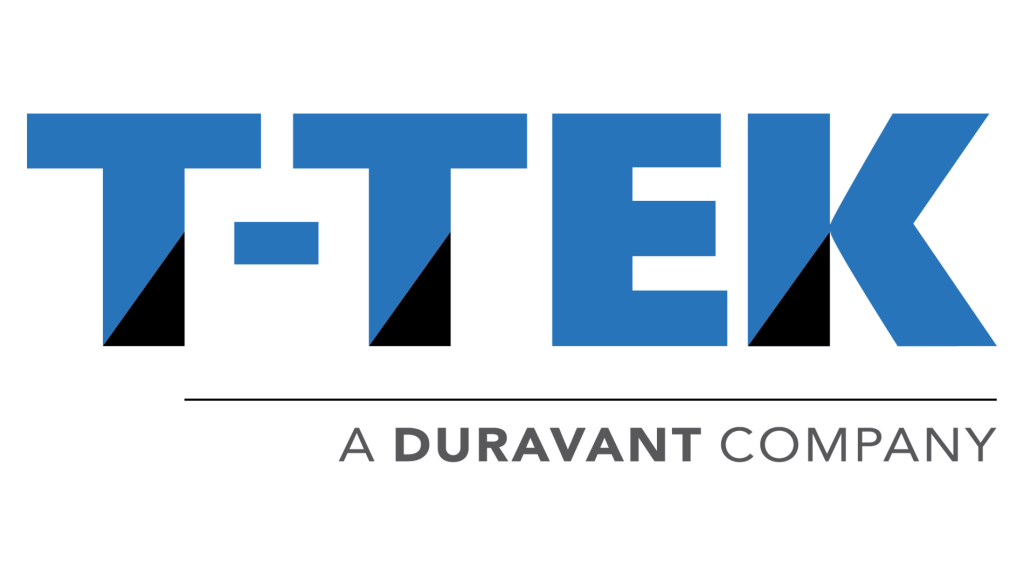The Duravant family of operating companies serve the food processing, packaging and material handling segments.
Essential Guide to Selecting Quality Suppliers for Best Industrial Packaging Machines
In today's fast-paced manufacturing landscape, selecting quality suppliers for industrial packaging machines is paramount to ensuring operational efficiency and product integrity. With the increasing complexity of global supply chains and stringent import-export certifications, businesses must navigate a multifaceted selection process that goes beyond mere cost considerations. This essential guide aims to equip professionals with the necessary insights and strategies to identify top-tier suppliers, focusing on the critical factors such as compliance with industry standards, technological advancements, and supplier reliability. By understanding the key elements that distinguish high-quality suppliers in the realm of industrial packaging machines, companies can streamline their procurement processes, enhance their product offerings, and ultimately gain a competitive edge in the marketplace.
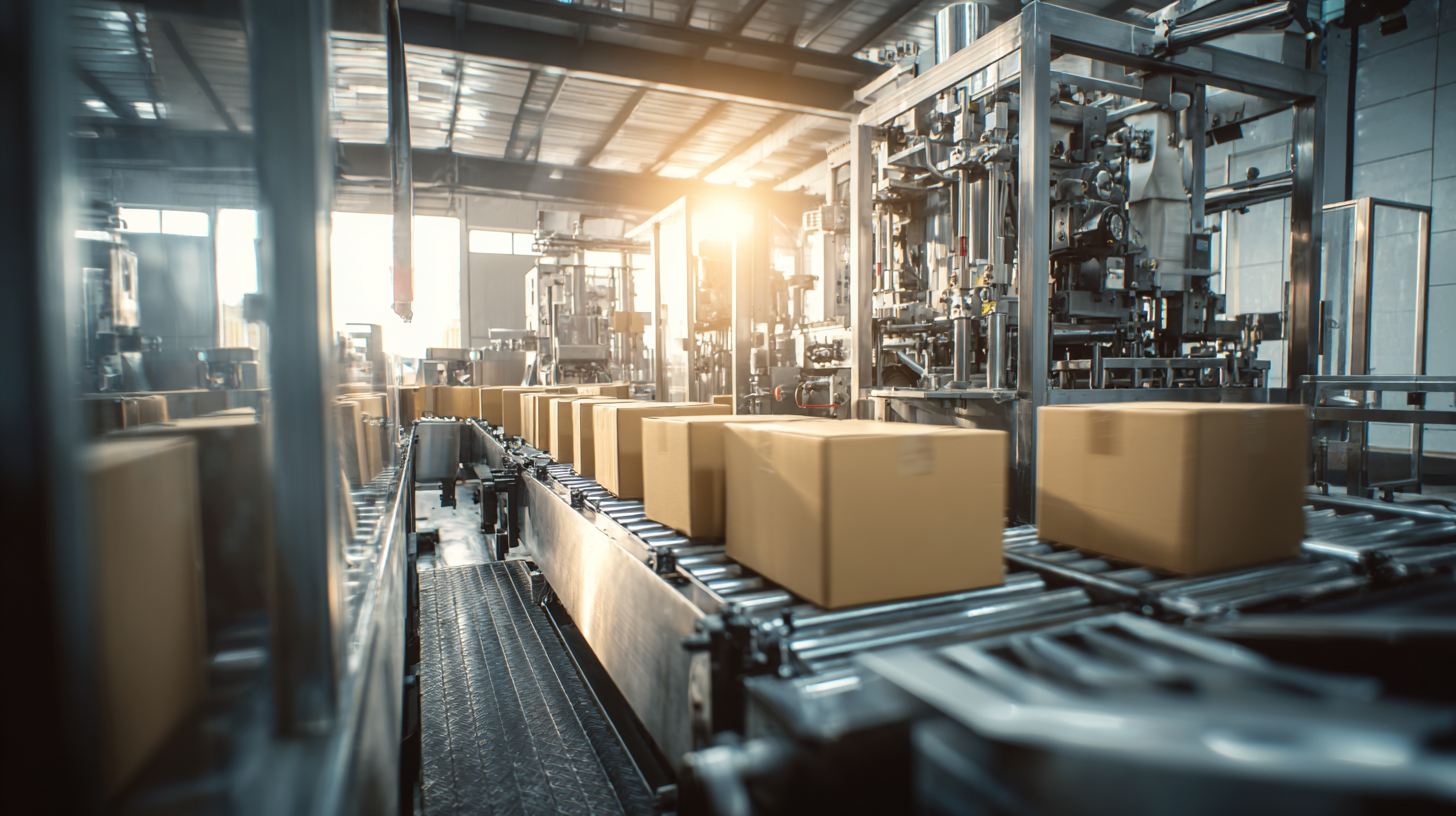
Understanding the Importance of Quality Suppliers in Industrial Packaging
When it comes to industrial packaging, the significance of quality suppliers cannot be overstated. Selecting the right supplier is crucial as they directly influence the efficiency, reliability, and overall performance of packaging machines. Quality suppliers not only provide advanced machinery but also ensure that the components are durable and adhere to industry standards. This attention to detail can lead to significant long-term savings by reducing downtime and maintenance costs associated with inferior equipment.
Moreover, a reputable supplier often provides more than just products; they offer support and expertise that can be invaluable. With their industry insights and experience, quality suppliers can guide businesses in choosing the right machinery to meet specific needs. They also tend to foster lasting relationships, enabling better communication regarding updates, servicing, and any future enhancements necessary for evolving market demands. This partnership can ultimately enhance production efficiency and product quality, making it an essential consideration for any company looking to excel in the industrial packaging sector.
Essential Guide to Selecting Quality Suppliers for Best Industrial Packaging Machines
| Criteria | Description | Importance Rating (1-5) |
|---|---|---|
| Experience in the Industry | Number of years the supplier has been operating in the packaging sector. | 5 |
| Quality Certifications | Certifications such as ISO 9001 that verify quality management systems. | 5 |
| Technological Capabilities | Availability of modern machinery and technology for packaging production. | 4 |
| Customer Support | Level of assistance offered regarding inquiries and problem-solving. | 4 |
| Pricing Structure | Affordability and transparency of pricing for industrial packaging machines. | 3 |
| References and Reviews | Feedback and testimonials from previous clients regarding their satisfaction. | 5 |
| Sustainability Practices | Supplier's commitment to eco-friendly practices in their production processes. | 4 |
Key Factors to Consider When Selecting Packaging Machine Suppliers
When selecting suppliers for industrial packaging machines, several key factors should be prioritized to ensure the acquisition of high-quality equipment. The global market for food processing and packaging machinery is projected to grow from $124.85 billion in 2025 to $183.0 billion by 2032, reflecting a CAGR of 5.6%. This growth emphasizes the importance of choosing suppliers that can keep pace with industry advancements and provide reliable, cutting-edge technologies.
Sustainability has emerged as a critical consideration in supplier selection, particularly with the rise of green packaging initiatives. Companies are increasingly integrating sustainability into their business models, as seen in the cosmetics and luxury brands' push towards eco-friendly materials. By selecting suppliers who prioritize sustainable practices and offer innovative, environmentally friendly packaging solutions, businesses can enhance their market positioning while adhering to evolving consumer preferences.
Additionally, the beverage packaging machine market is expected to experience significant growth, with an estimated value of $10.6 billion in 2024 and a CAGR of 6.5% from 2025 to 2034. Choosing suppliers that focus on efficiency and technological advancements in packaging machinery will not only improve operational performance but also support overall business growth in this competitive landscape.
Evaluating Supplier Reliability and Industry Reputation
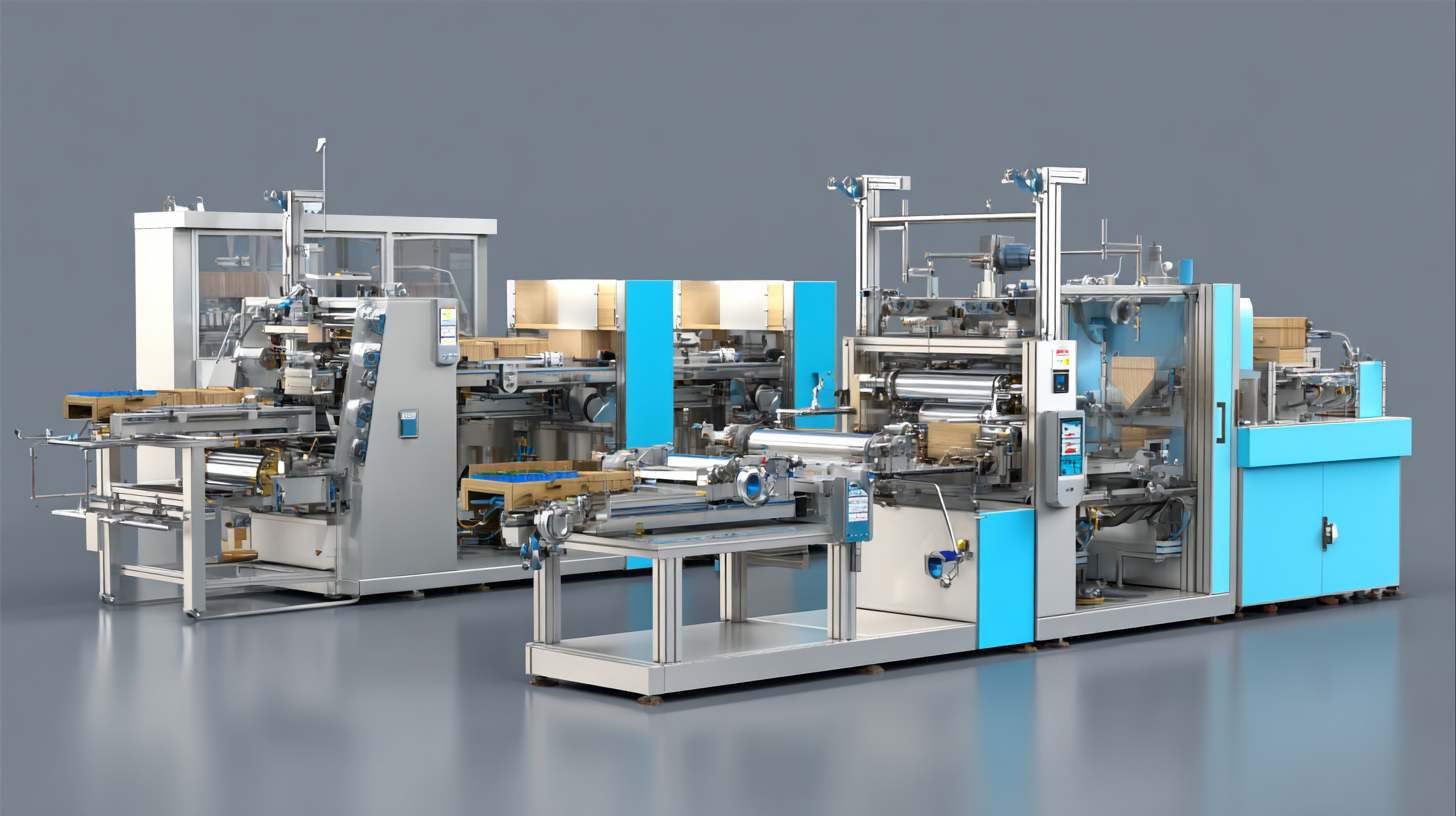 When selecting suppliers for industrial packaging machines, evaluating supplier reliability and industry reputation is crucial. A reliable supplier not only meets quality standards but also ensures timely delivery and consistent service. To assess reliability, prospective buyers should investigate the supplier’s track record. Customer reviews, testimonials, and case studies can provide valuable insights into their performance and dependability. Engaging with current clients of the supplier can also reveal how they handle challenges and their responsiveness to issues that may arise.
When selecting suppliers for industrial packaging machines, evaluating supplier reliability and industry reputation is crucial. A reliable supplier not only meets quality standards but also ensures timely delivery and consistent service. To assess reliability, prospective buyers should investigate the supplier’s track record. Customer reviews, testimonials, and case studies can provide valuable insights into their performance and dependability. Engaging with current clients of the supplier can also reveal how they handle challenges and their responsiveness to issues that may arise.
Industry reputation is another key factor in the selection process. A supplier with a strong presence in the market often reflects a commitment to excellence and innovation. Researching industry awards, certifications, and participation in trade associations can help gauge their standing among peers. Additionally, consider the longevity of the supplier in the market; those who have successfully navigated industry changes and maintained a loyal customer base are often more trustworthy. By thoroughly evaluating these aspects, businesses can make informed decisions that will positively impact their packaging operations in the long run.
Comparing Costs vs. Quality in Industrial Packaging Solutions
When selecting industrial packaging machines, businesses often face the dilemma of balancing costs against quality. According to a report by Smithers Pira, the global market for industrial packaging is expected to reach over $600 billion by 2025. This growth emphasizes the importance of evaluating the long-term value that quality suppliers bring to your operations. While lower-cost machines may seem attractive initially, they can lead to higher maintenance costs and inefficiencies that ultimately impact your bottom line.
Tips: Always consider the total cost of ownership, which includes the upfront purchase price, maintenance, and operational efficiency. Investing in high-quality machines can reduce downtime and increase productivity, potentially offsetting higher initial costs.
Moreover, a survey by Packaging Machinery Manufacturers Institute (PMMI) revealed that companies prioritizing quality over price reported a significant reduction in spoilage rates and an increase in packaging speed. By focusing on quality suppliers, businesses can ensure their machines meet stringent industry standards and adapt to evolving needs.
Tips: Engage with suppliers that offer comprehensive warranties and excellent customer support, as these factors are indicative of quality and reliability in the long term.
Cost vs Quality in Industrial Packaging Machines
The Role of Innovations and Technology in Supplier Selection
The role of innovations and technology in supplier selection has become increasingly crucial, especially in the competitive landscape of industrial packaging. According to a report by Smithers Pira, the global packaging machinery market is set to grow to $55 billion by 2024, driven by technological advancements and increasing demand for automation. Suppliers that invest in cutting-edge technologies, such as smart packaging and IoT integration, are becoming essential partners for businesses seeking to enhance efficiency and reduce costs.
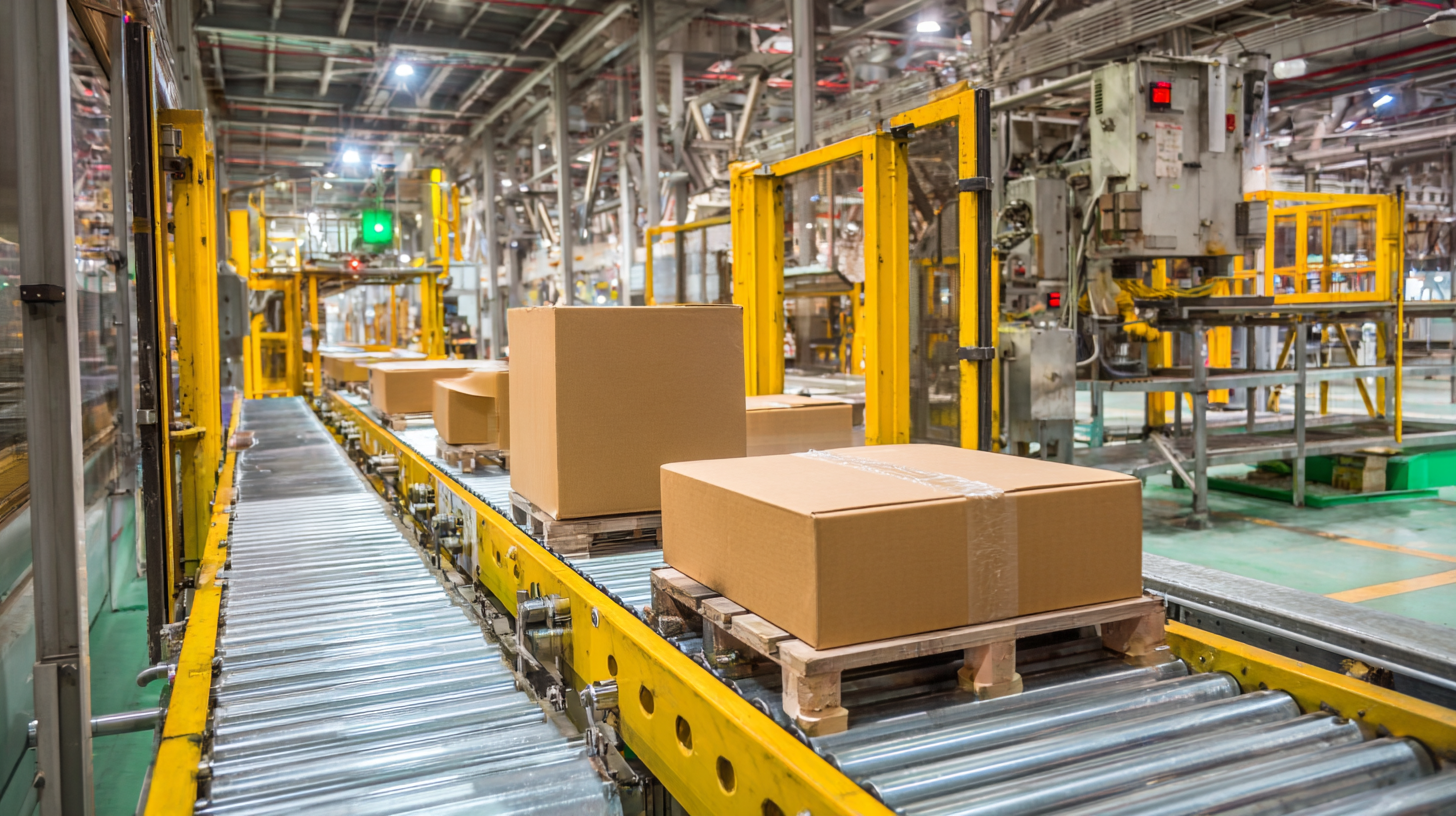
Furthermore, a survey conducted by PMMI, The Association for Packaging and Processing Technologies, indicated that 67% of industry professionals regard innovation in machinery as a key factor when selecting suppliers. By adopting technologies such as AI and machine learning, suppliers can offer advanced predictive maintenance, which minimizes downtime and optimizes operational performance. This kind of technological prowess not only strengthens the supplier's position but also aligns with manufacturers’ objectives for sustainable practices and enhanced productivity. Choosing suppliers who prioritize innovation ultimately leads to better long-term partnerships and increased competitiveness in the market.


